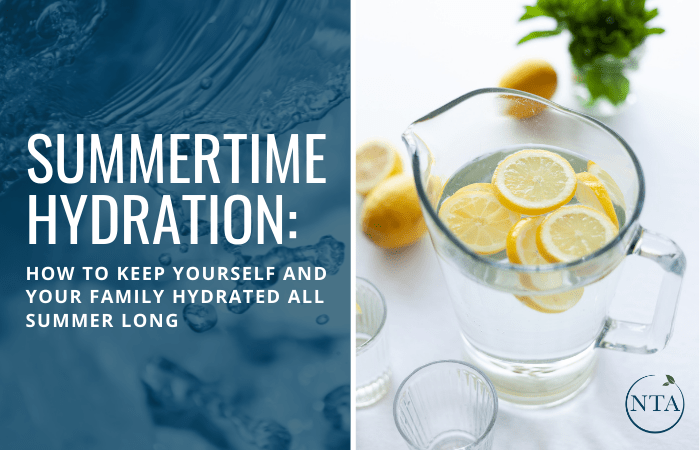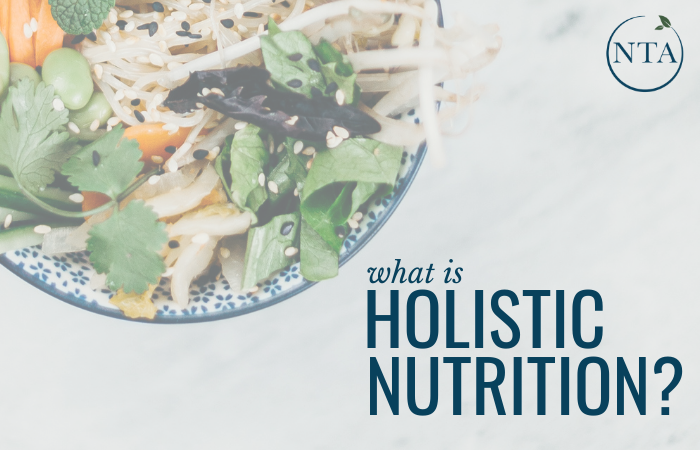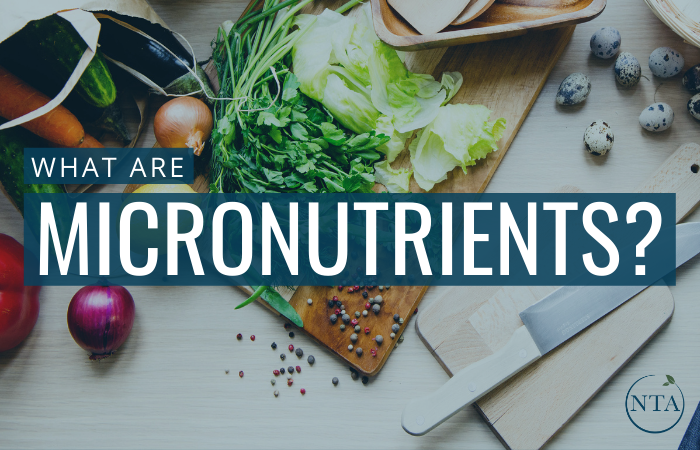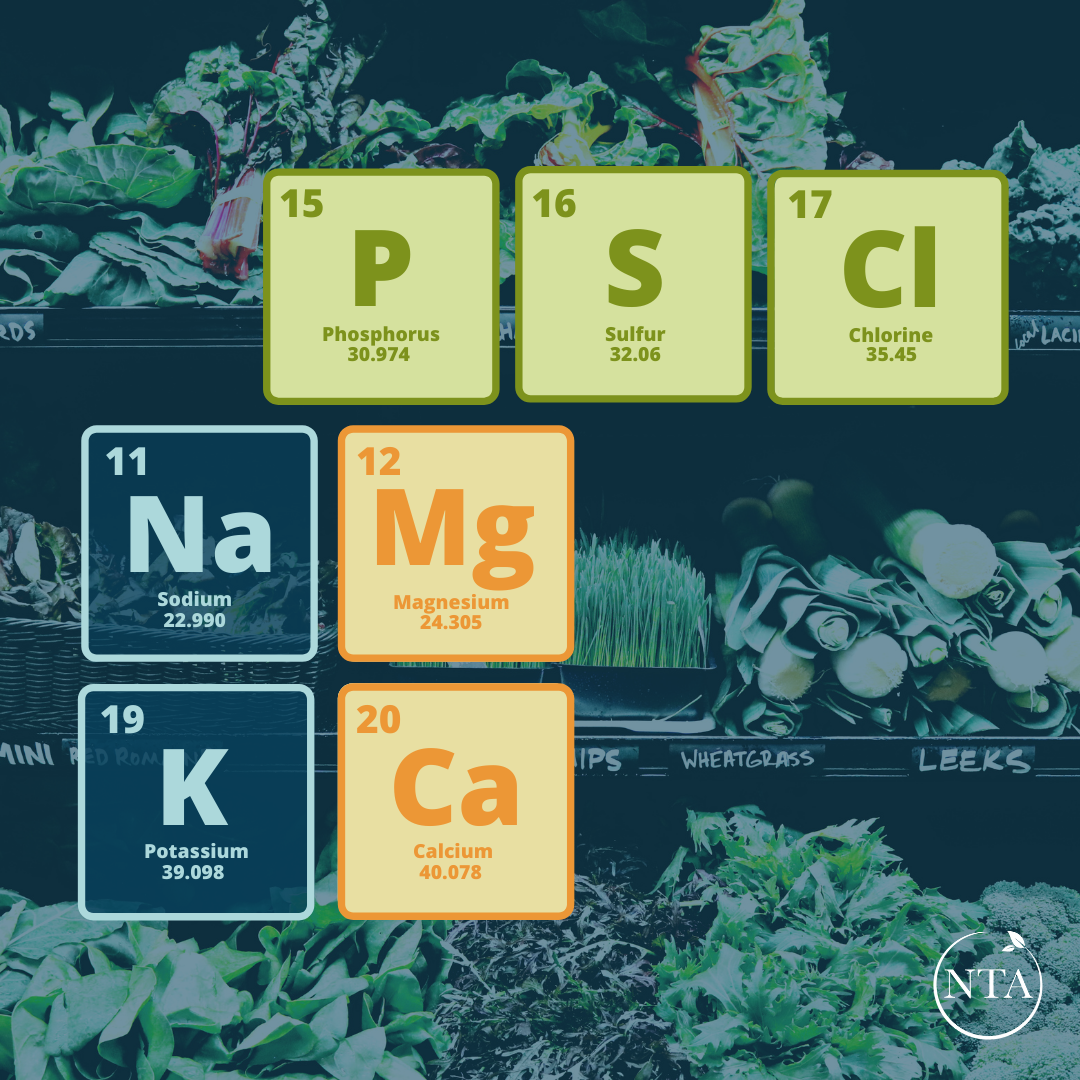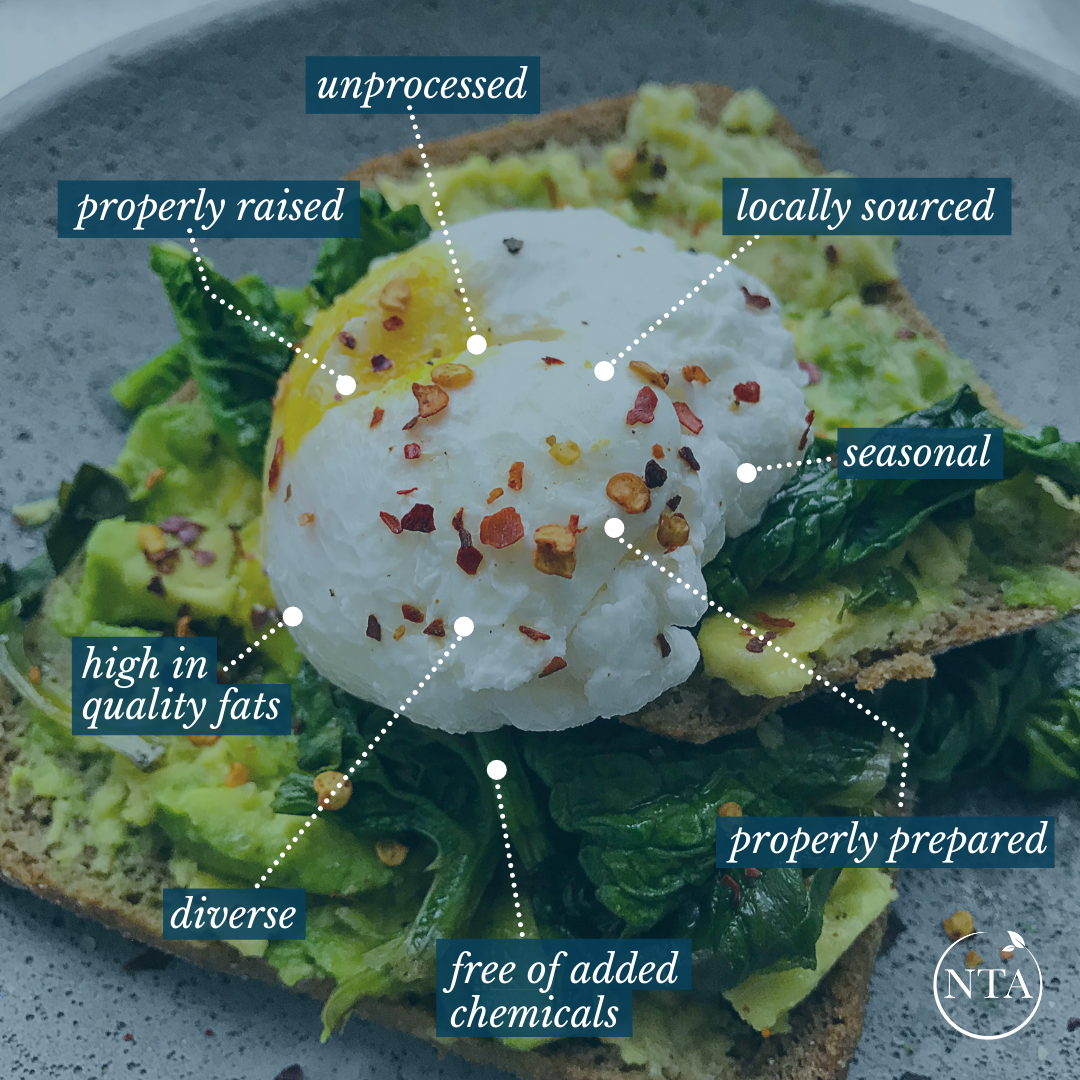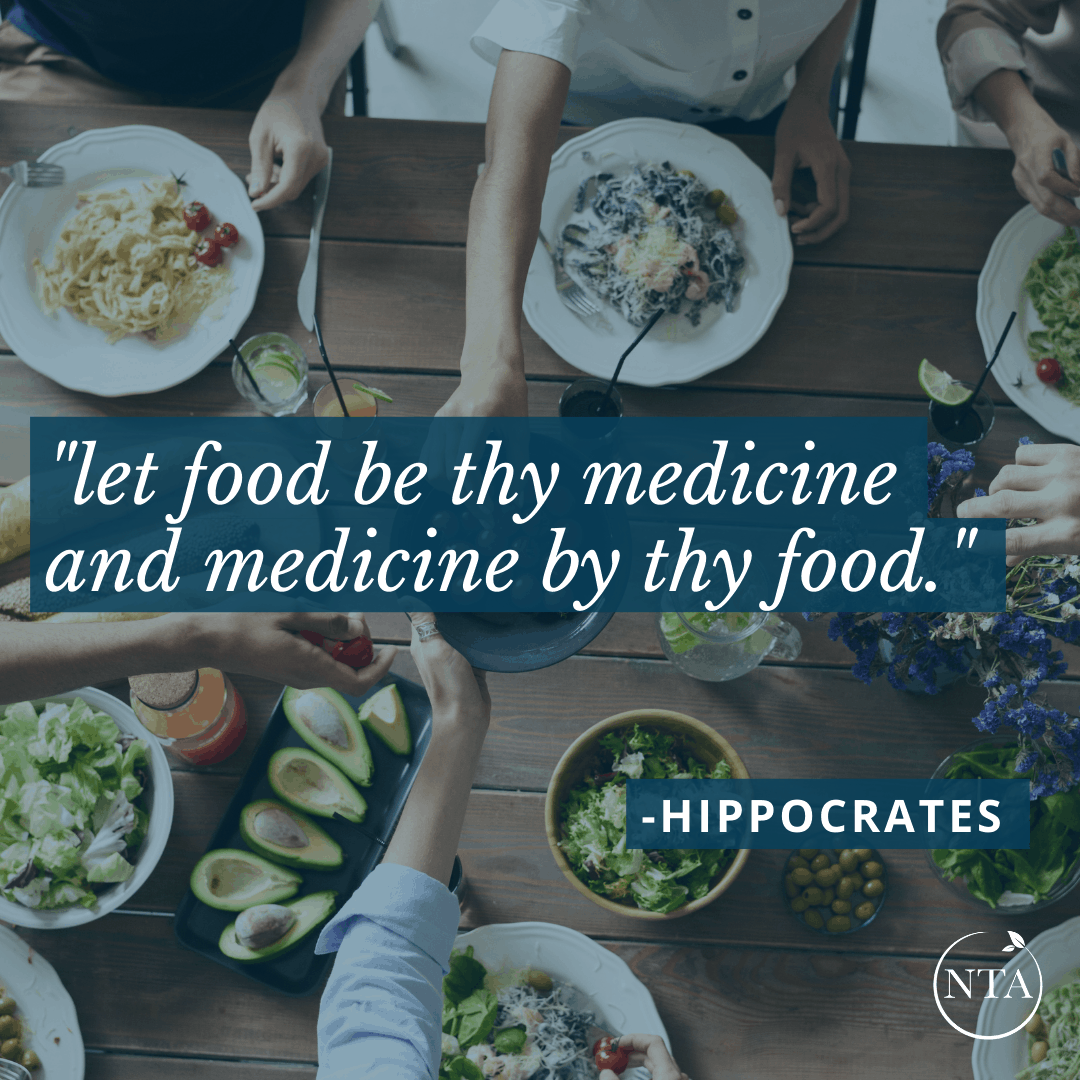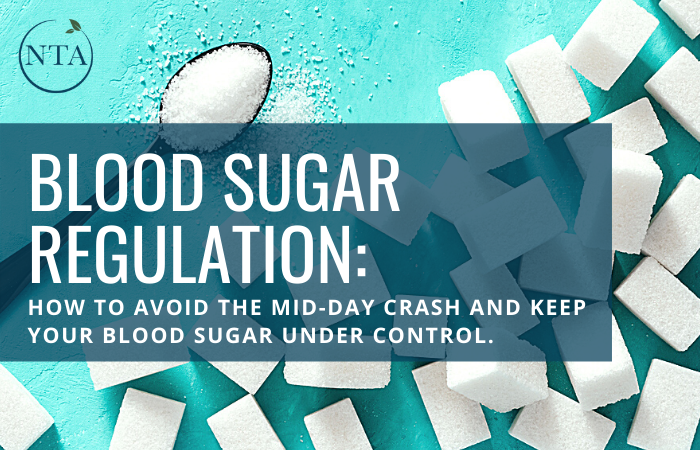
Blood Sugar Regulation: How to Avoid the Mid-Day Crash and Keep your Blood Sugar Under Control
Blog
Blood Sugar Regulation: How to Avoid the Mid-Day Crash and Keep your Blood Sugar Under Control
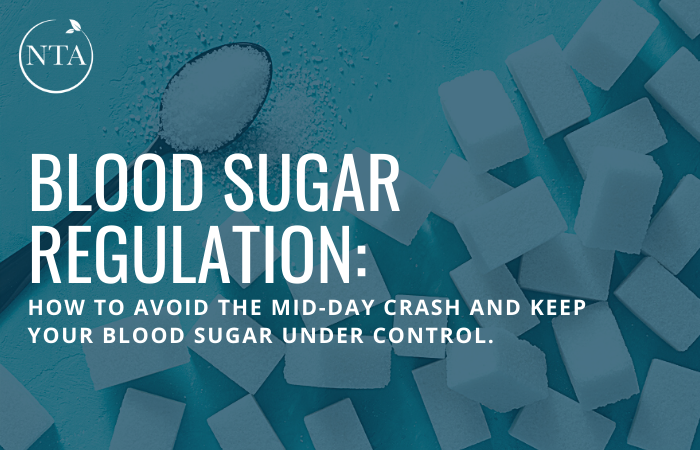
Imagine this: You wake up in the morning, rush to get ready, and run out the door without eating breakfast. You stop to grab a big cup of coffee and a muffin and scarf it down in the car on your way to work.
What is Blood Sugar?
Blood Sugar Regulation plays a key role in all aspects of human physiology:
- Energy production and balance
- The tissue integrity of organs and blood vessels
- Hormonal balance (including hormones of digestion, stress, and sexual function)
- Brain health, mood, memory, and cognitive function
But diet, stress, and environmental toxins are all factors that can cause our blood sugar levels to rise too high. When this happens, our brains react in an effort to bring blood sugar levels back down, occasionally overshooting and dropping them too low (A.K.A., a blood sugar crash)
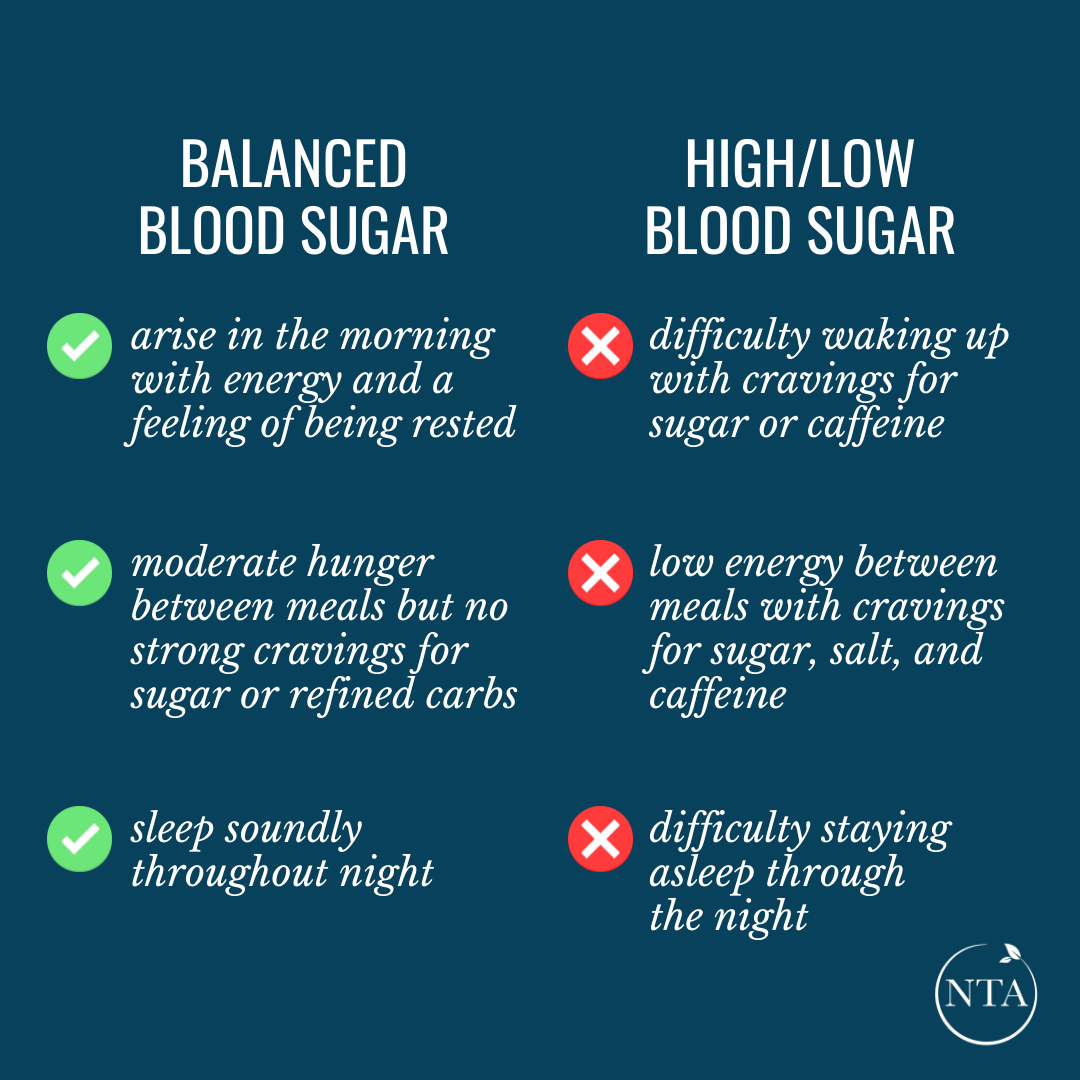
Sugar, Sugar Everywhere
These highly processed foods activate the brain’s reward center and make us crave more. They are also void of vital nutrients and tend to make us feel hungry soon after we finish eating. Then we reach for another snack and the process starts over again.
Stress & Blood Sugar
We live in an environment where stress is never ending. To the brain, an urgent email from the boss can cause the same stress response as a bear threatening your life! Anytime we experience stress, our body reacts and goes into fight or flight mode. When this happens, our blood sugar levels rise.
Stress, combined with eating simple carbohydrates and nutrient-void foods, can put us on a roller coaster of blood sugar spikes and dips. Over time, this can really start to impact our quality of life and can lead to a host of health problems including high blood sugar, insulin resistance, diabetes, or even cardiovascular disease.
What are the Signs of High Blood Sugar?
- Increased cravings for sugar and refined carbohydrates
- Increased hunger and reduced satiation from meals
- Weight gain
- Increased blood pressure
- Fatigue and low energy levels
- Strong cravings for sweets and caffeine
- Ravenous hunger
- Irritability, anxiety, nervousness, and feeling lightheaded if meals are missed
- Feeling jittery or shaky between meals
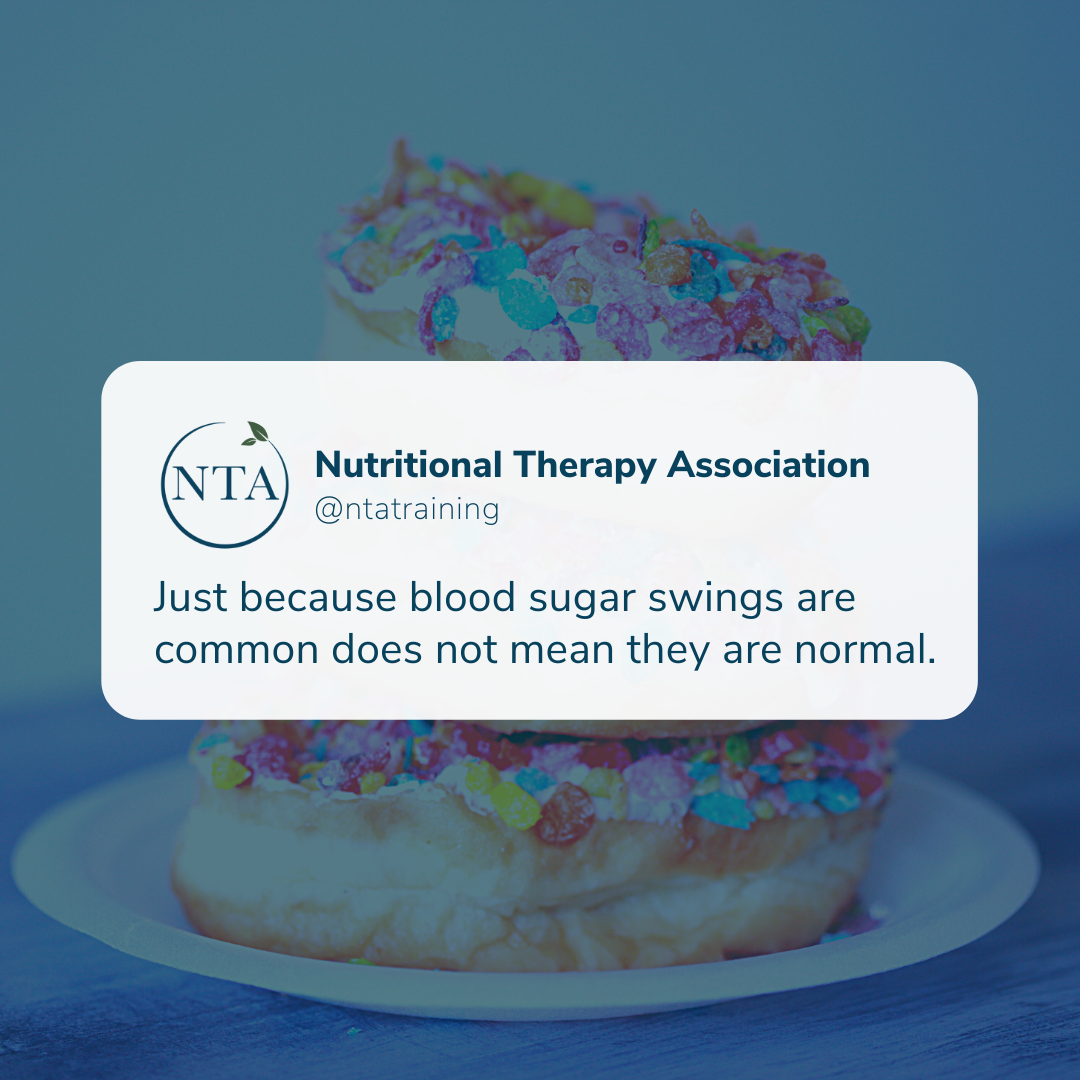
Ways to Regulate Blood Sugar
Our bodies were designed to be energized by nutrient-dense fats, carbohydrates, and proteins. A balance of all whole food macronutrients throughout the day can help create the energy we need to function and thrive.
Reducing stress levels through mindfulness and meditation
Our minds are constantly worrying about decisions we’ll make in the future and regretting decisions we already made in the past. Meditating and focusing on the present can increase mindfulness and our resilience to stress.
Movement
After something stressful occurs, movement can help our bodies process out stress hormones more quickly. This can be as simple as getting up and going for a walk, going to a workout class, or doing some simple stretches throughout the day.
Sleep deprivation can cause stress and have a negative effect on our energy levels during the day. Try to avoid caffeine consumption in the afternoon and turn off your phone or TV a few hours before going to bed to help get a better night’s sleep.
Now Imagine this…
You wake up in the morning and eat a balanced breakfast full of nourishing carbohydrates, proteins, and fats. You leave for work with balanced blood sugar–ready to take on the day! It’s amazing how productive and energized we can feel when we are mindful of our diet, manage stress, and take control of our blood sugar regulation.
During this call, you’ll explore and learn:
- How to create a rewarding career in holistic nutrition that will give you the confidence and competence to replace your full-time income (whether you’re new to nutrition or or using it to enhance your current services)
- How our unmatched education and instructor support sets our NTP program apart from other nutrition programs
- How graduates are successfully using their education and the many career opportunities available to you
- If the NTP program is the right fit for you and how to move forward in financing your education


